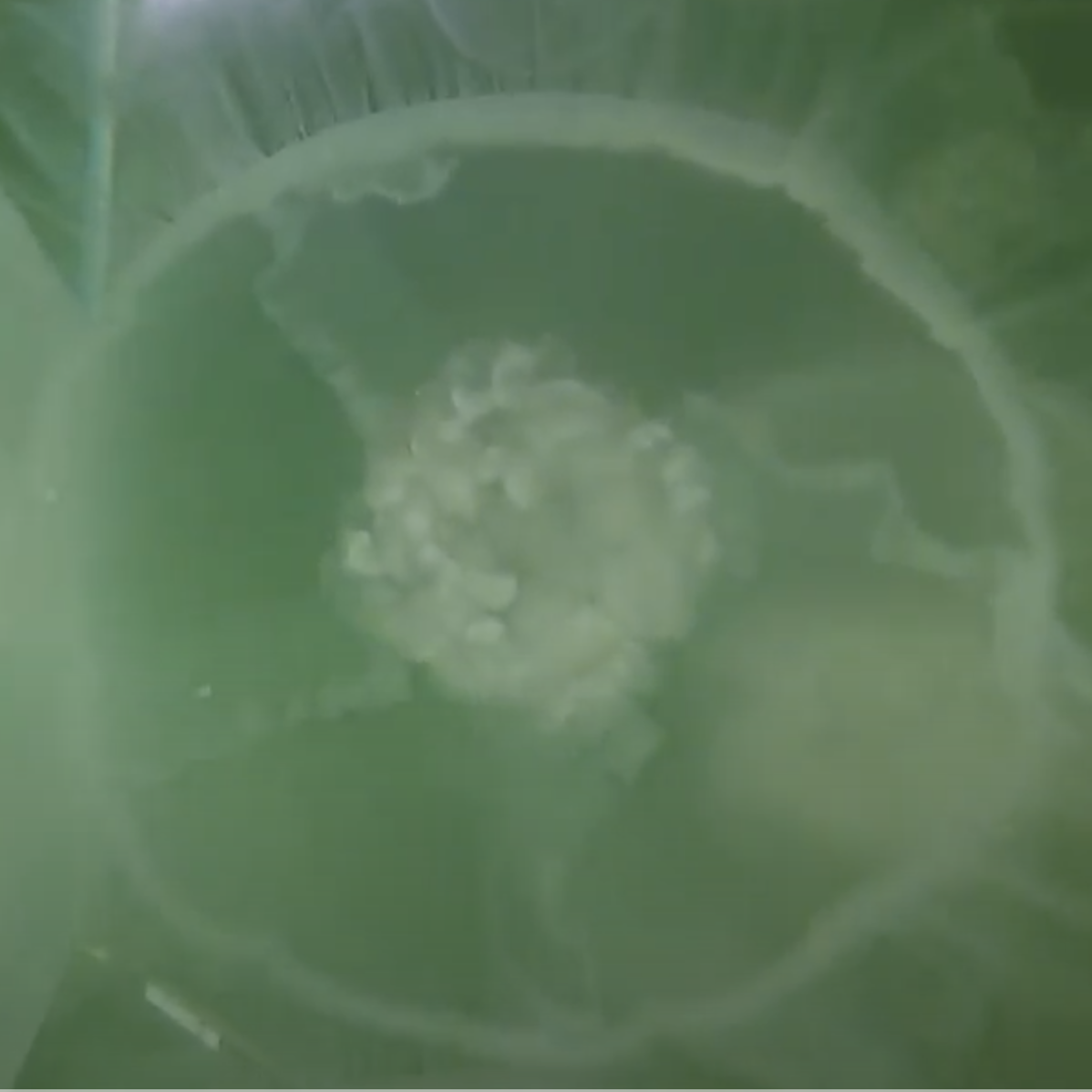
On World Jellyfish Day, as climate change kills off competition, jellyfish numbers may rise. UBC researcher Jessica Schaub is working on increasing what we know about these marine creatures and their future.
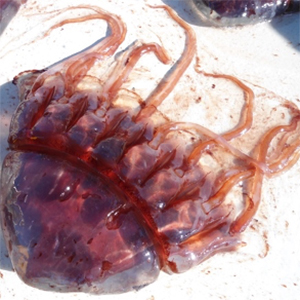
Tags: climate change, freshwater, IOF students, jellyfish, Marine Zooplankton and Micronekton Laboratory, Pelagic Ecosystems Lab, Research, zooplankton
On World Jellyfish Day, UBC researcher Florian Lüskow, who focuses on freshwater jellyfish says that existing models often poorly include, and heavily oversimplify, these gelatinous organisms.
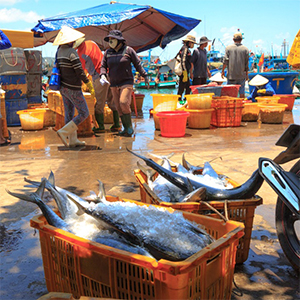
Tags: climate change, faculty, fisheries economics, fisheries management, food security, food webs, IOF Research Associates, nutrition, pollution, Publications, Rashid Sumaila, Research, Vicky Lam, William Cheung, Zeyu Zeng
The effects of harmful fisheries subsidies in three marine ecosystems, chosen for their importance in terms of food security, size and diversity; and three different management scenarios are examined.

Drs. William Cheung, Daniel Pauly, Andrea Reid, and Rashid Sumaila attended the Oceana Canada’s Science Symposium in Ottawa
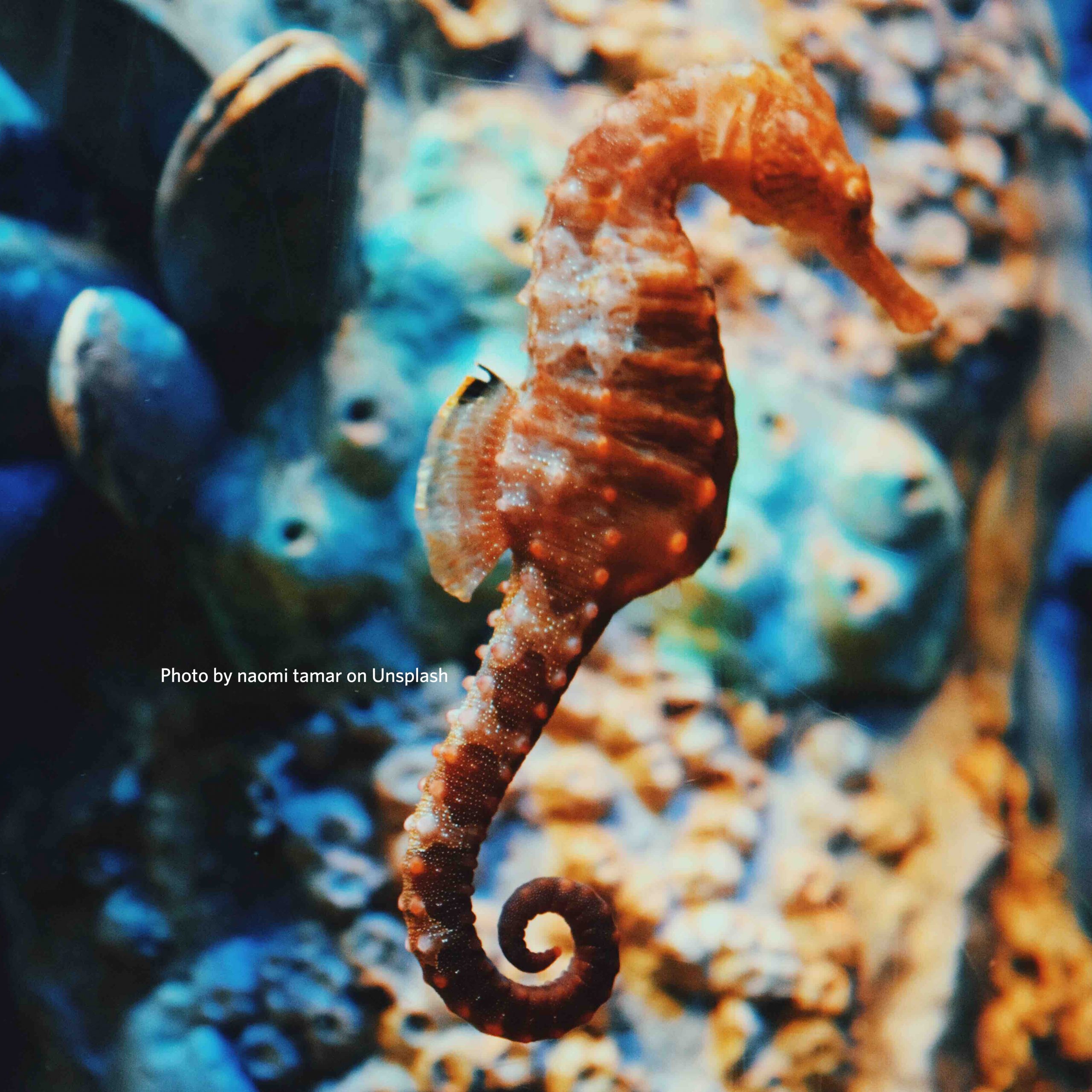
Tags: Amanda Vincent, CITES, faculty, FCRR, fish, IOF Research Associates, Project Seahorse, Publications, Research, Sarah Foster, seahorses, sharks
Implementing CITES Appendix II listings for marine fishes: a novel framework and a constructive analysis
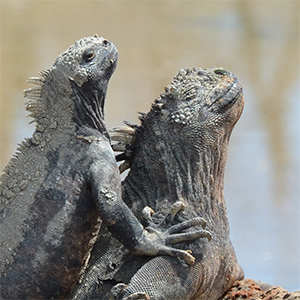
Tags: biodiversity, climate change, conservation, Galápagos, IOF postdoctoral fellows, Juliano Palacios-Abrantes, natural science, Research, social sciences, tourism
The Nature Futures Framework (NFF) can include Indigenous stakeholders, local expertise, and different knowledge systems in conversation efforts.
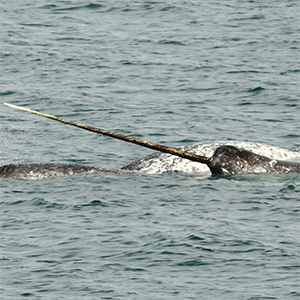
Tags: animal movement, Arctic, climate change, IOF postdoctoral fellows, Marie Auger-Methe, migration, narwhals, Research, SERG, whales
Climate change and loss of sea ice is creating stressors for these animals, and they are adapting to a new life in the Arctic.
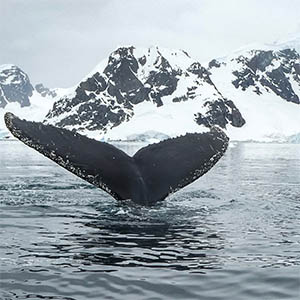
Tags: Antarctic, Antarctica, faculty, fisheries management, humpback whales, IOF Research Associates, krill, Louise Teh, ocean governance, overfishing, Rashid Sumaila, Research, whales
The critically important Southern Ocean is not being properly protected by its stewards, a distinguished group of scientists from around the globe have noted.
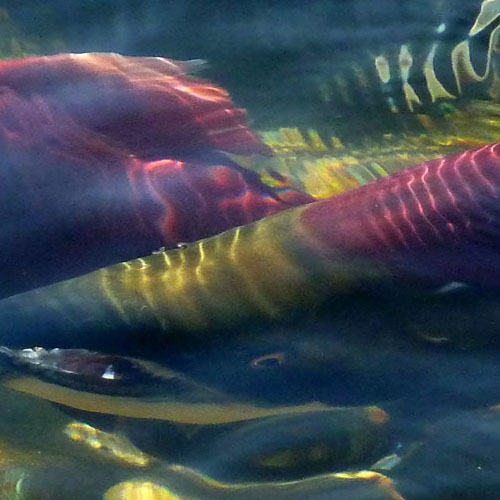
Tags: Brian Hunt, British Columbia, faculty, fish, IOF postdoctoral fellows, Jessica Garzke, Research, salmon, zooplankton
The quality of food sockeye salmon eat along their migration routes is more important to their growth and condition than quantity, a new study has found, highlighting concerns about the effects of climate change on ocean conditions and salmon.
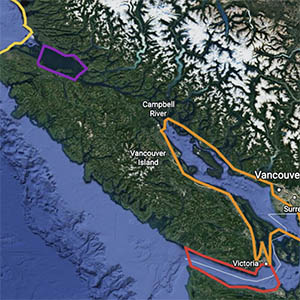
Tags: biology, Brian Hunt, British Columbia, faculty, fish, food webs, IOF students, krill, Pelagic Ecosystems Lab, plankton, Research, salmon, zooplankton
“We provided evidence for bottom-up omnivory in nutrient-rich temperate pelagic ecosystems, where food chain length is determined by the level of diatom production,” said Jacob Lerner. “This is very different from the global model for pelagic ecosystems.”